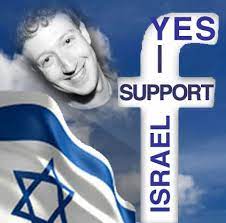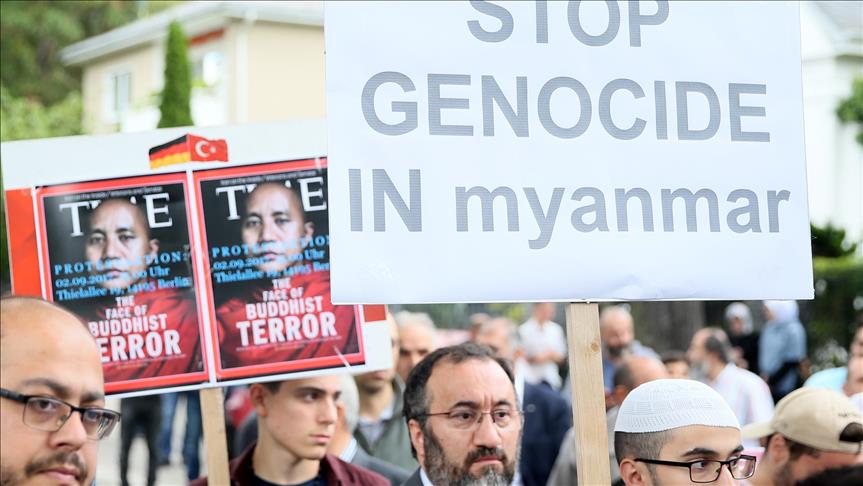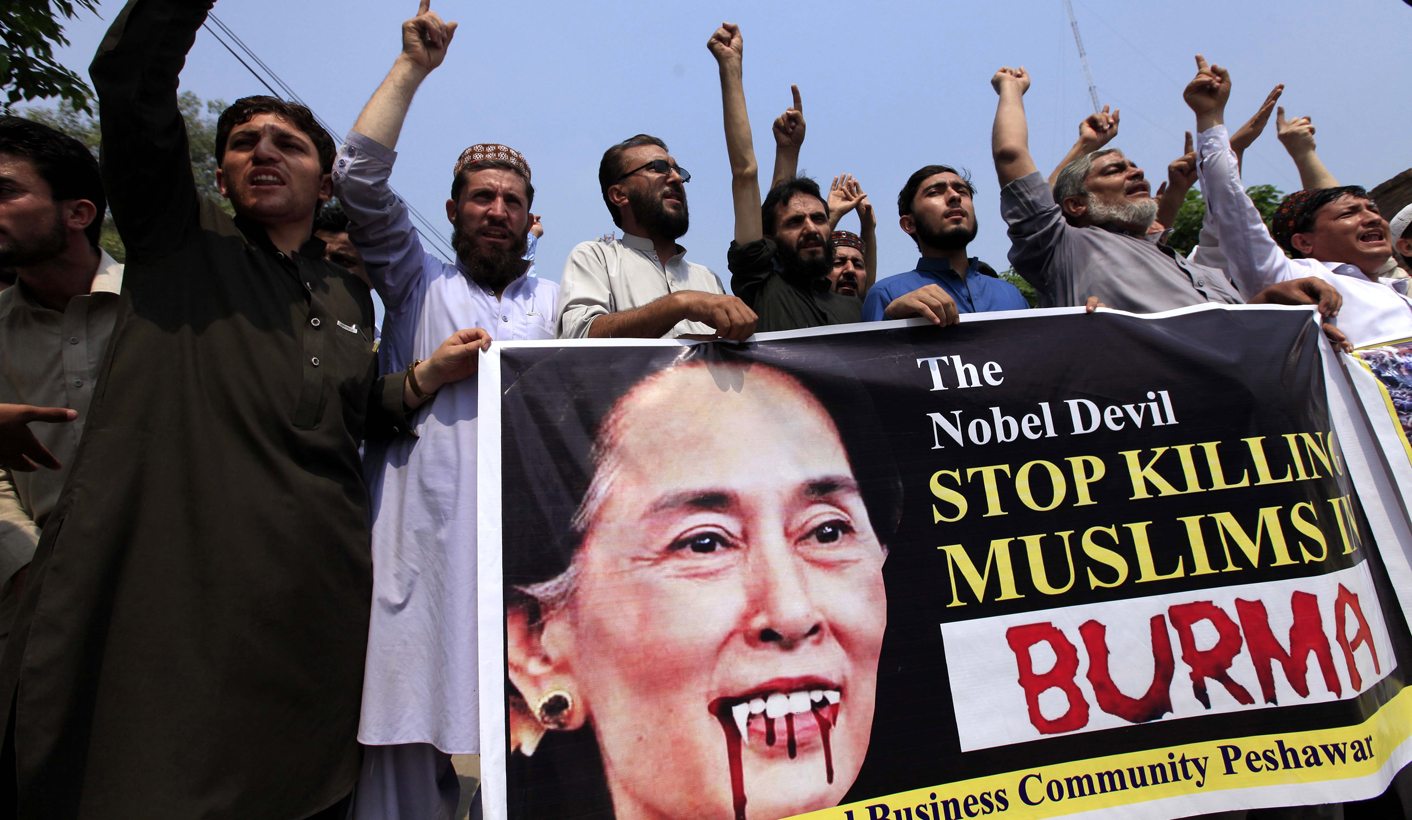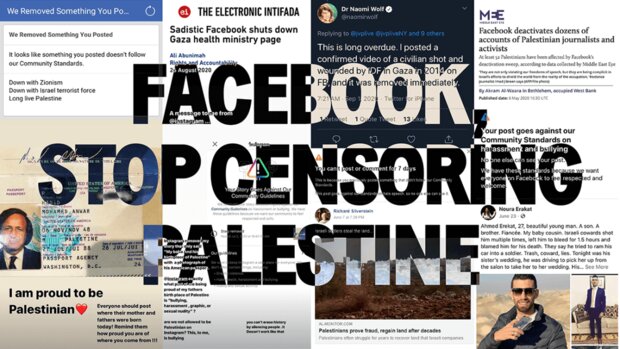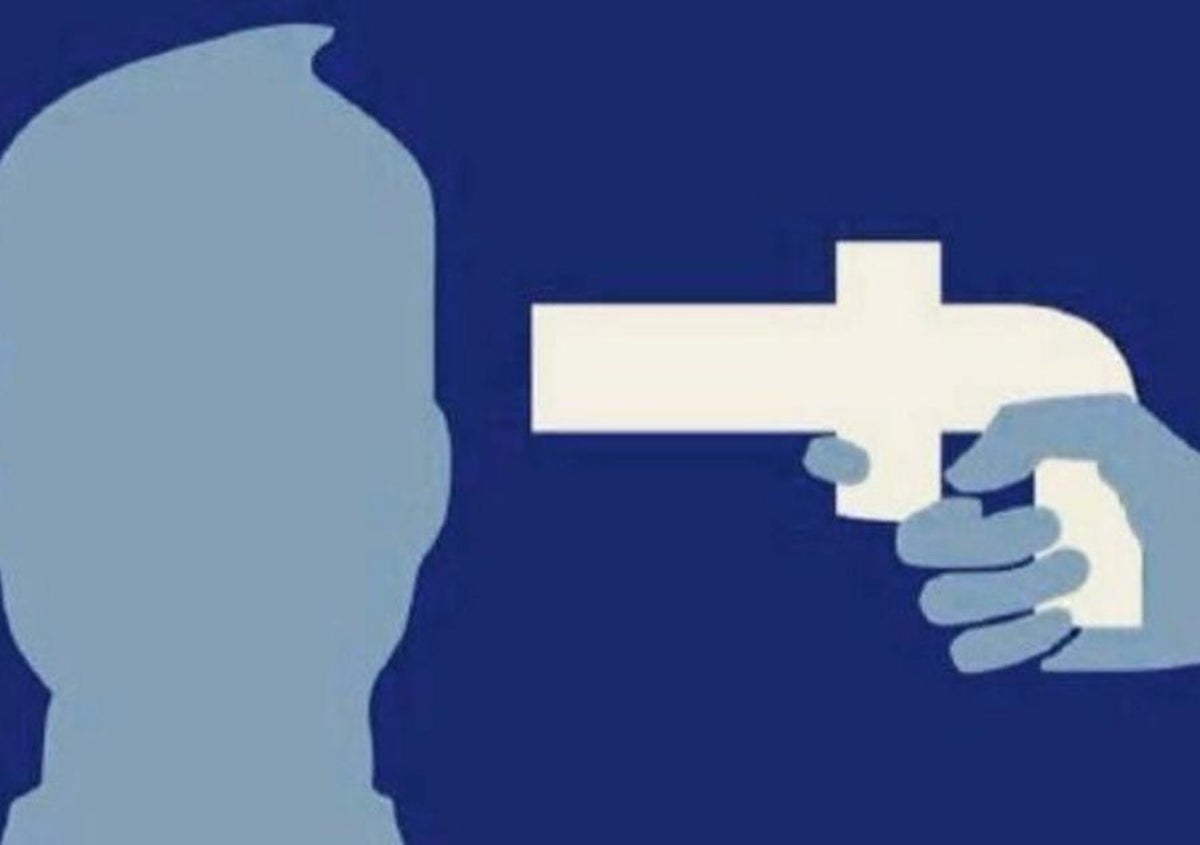Facebook mother, Meta has been trying to prove itself during Russia’s invasion of Ukraine.
Meta moved quickly to outline the steps it would be taking in response to the crisis. The company’s president of global policy, Nick Clegg, announced it was setting up a team to tackle misinformation and hate speech as well as fact-check and tag any false Russian state-media the same day Russian troops rolled into Ukraine.
Russia has hit back at Meta, blocking all access to Facebook in Russia last week and moving this week to designate Meta as an “extremist organization.”
Meta COO Sheryl Sandberg said during an interview at a Cartier-sponsored event this week Russia took Facebook down because it poses a threat.
“Social media is bad for dictators, that’s why Putin took us down,” Sandberg said.
It’s a bold claim that positions Facebook and its parent company Meta as a direct opponent to authoritarian rulers and governments. Given Facebook’s sensitive history of being a tool used by Russian disinformation campaigns, locking horns with the Kremlin also provides a handy redemption arc for the company.
But squaring up to Putin doesn’t necessarily mean Facebook is a foil for dictators everywhere, because it is not the same for Israeli regimes.
“Whether or not Facebook is good for dictators is debatable and rather an overstatement of the alleged importance or threat of Facebook,” Professor Dina Matar, an expert in politics, communications, and media at the SOAS University of London, told Insider.
“There is no doubt that historically speaking, authoritarian leaders (states) have consistently moved to shut down Facebook along with other social media platforms during moments of crisis or when their power was challenged,” she said.
“On the other hand, Facebook itself has inadvertently collaborated with authoritarianism by blocking some users, including those fighting for human rights,” Matar countered.
Professor Charlie Beckett, a specialist in media and journalism at the London School of Economics, told Insider broadly speaking social media is bad for dictators — but agreed it can be weaponized by anti-democratic forces.
Both Beckett and Matar pointed to Myanmar, where Facebook admitted in 2018 its platform was used by the state to perpetrate violence against the Rohingya Muslim population.
Meta says it has improved its systems significantly since then, and the company’s former head of counterterrorism policy, Brian Fishman, told Protocol in an interview this week: “Facebook is way better at dealing with crises today than they were when I first got there.”
But Myanmar isn’t the only example, Matar also pointed to an Amnesty International report from 2020, which said tech companies including Facebook and Google were playing an “increasingly complicit role” in censorship crackdowns by the Vietnamese government.
Professor Tomas Chamorro-Premuzic, a psychologist at University College London, said social media has pros and cons if you’re a dictator.
READ ALSO: Russia to limit Instagram, label Meta an extremist group
He said social media provides dictators with an “easy way to promote their own personality cult,” as well as providing a tool for surveilling citizens.
Beckett also said taking a hard line against Russia is a relatively easy stand for Facebook to take. “This is a fairly clear cut political issue in terms of which side you’re gonna stand on,” he said.
He also said that Meta’s approach to Putin doesn’t necessarily tell us whether it will take an equally strong stand against other regimes.
“What about a populist government in Poland that’s bringing in laws against gay rights and so on? You can talk about a dictator that invades another country but what about other authoritarian regimes — what’s the cut-off point where you start taking action,” he said.
“Is it only dictators that invade other democracies?” he added.
It was earlier reported that, a new report from a Palestinian rights organisation has found that the number of incidents in which people – including many journalists – have been arrested for social media posts has drastically increased in the last year, leading to worries over an Israeli crackdown on the right to freedom of expression.
“Social media sites are… an efficient window to empower journalists and Palestinians in general to express their opinions freely,” Mousa Rimawi, author of the report and Director of the Palestinian Centre for Development and Media Freedoms (Mada) said.
“[But] systematic surveillance and observation by Israeli Occupation Authorities [means they have become] an open platform for persecution and oppression relating to users’ opinions.”
While there is no legal precedent in Israeli law for charging people with criminal offenses related to online posts, the state, worried that inflammatory content online has fuelled a spike in Israeli-Palestinian violence in the last 12 months, created a cybercrime unit in October 2015 to monitor and control what is published on the internet.
In addition, Israeli authorities are also pressuring social media companies to do more to remove posts which could incite violence, including drafting laws – which digital rights groups say would be unworkable – to compel platforms to take down content that could incite violence.
A delegation from Facebook met with government officials in September for what were were described as “successful” talks by Interior Minister Gilad Erdan’s office. “Online extremism can only be tackled with a strong partnership between policymakers, civil society, academia and companies, and this is true everywhere,” a representative for Facebook said, adding that the company meets with governments all over the world to combat hate speech and incitement to violence.
This week, the activist collective Palestinian Information Centre (Pic) reported that at least 10 of their administrators’ accounts for their Arabic and English Facebook pages – followed by more than two million people – have been suspended, seven of them permanently, which they say is a result of new measures put in place in the wake of Facebook’s meeting with Israel.
Facebook gave no explanation why other than that members had violated Facebook’s ‘Community Standards’, Pic member Rami Salaam told The Independent. The move was about “preventing our voice from reaching out to the world,” rather than incitement, he said.
One video Mr Salaam said was taken down, of a college graduate in Gaza starting a small business, was removed because it contained nudity – even though it didn’t. “Seemingly the video was reported by Israelis and Facebook did not even bother to check,” he added. A representative from Facebook told The Independent it was looking into the claims made by Pic.
“We care about the voices, opinion and rights of all the different communities on Facebook,” he added. “Palestinian voices will be as safe on Facebook as every other community on our platform.”
A 2015 report found that 96 per cent of Palestinians said their primary use of Facebook was for following news. Mada says that this shows the extreme importance of social media platforms and thus the potential impact disabling activists’ and journalists’ accounts could have for the dissemination of information relevent to Palestinian interests.
Since last October at least 150 arrests have been made on charges of ‘incitement’, but Palestinians and digital rights monitors say that in many cases posts are not relevant, or critical of Israeli government policy, rather than direct calls to violence.
Since 2014, 61 Palestinian journalists and nine Israeli journalists have been prosecuted for online posts, the new report from Mada found.
In August, five journalists at Hebron start-up Sanabel Radio were also arrested in a dawn raid during what an Israeli army spokesperson said was an “ongoing effort against incitement.”
Last month, several senior journalists from Shehab and Quds news agencies in the West Bank reported their Facebook accounts – used to update professional pages which reach millions of people – had been temporarily suspended, in a move Facebook later said had been an error.
Facebook ‘likes’ and ‘shares’ have also been submitted as evidence in military trials for incitement, West Bank legal charity Addameer told The Independent, as was reported in the sentencing of a Palestinian astrophysics professor supportive of militant group Hamas earlier this month.
“Prosecutors use the numbers of ‘likes’ and ‘shares’ of specified posts, while failing to connect these posts or these individuals, to acts of violence. The trend is an alarming one,” Addameer director Sahar Francis told The Independent at the time. The Israeli Defence Force did not immediately respond to a request for comment.
Many Palestinians have called for boycotts of the company for perceived collusion with the Israeli authorities and worries over the fact Facebook activity could be used to target activists.
Mr Salaam of Pic said that Facebook was too important a platform for the group to leave.
“While we feel frustrated and distracted, we’re more determined to continue our activism for Palestine… We utilise all available platforms, even those trying to silence us, to make sure Palestine’s voice is heard loud and clear,” he said.

